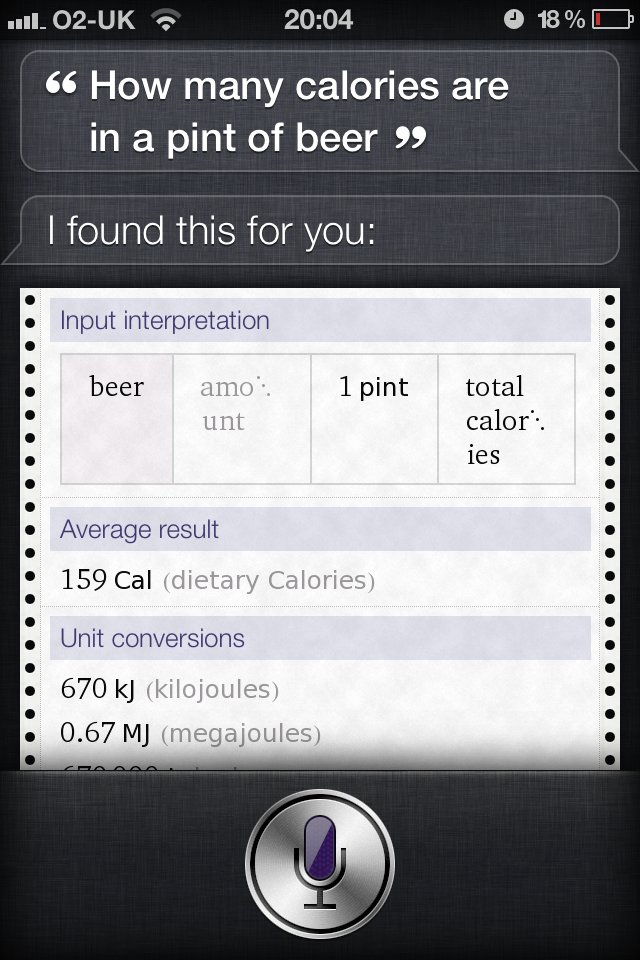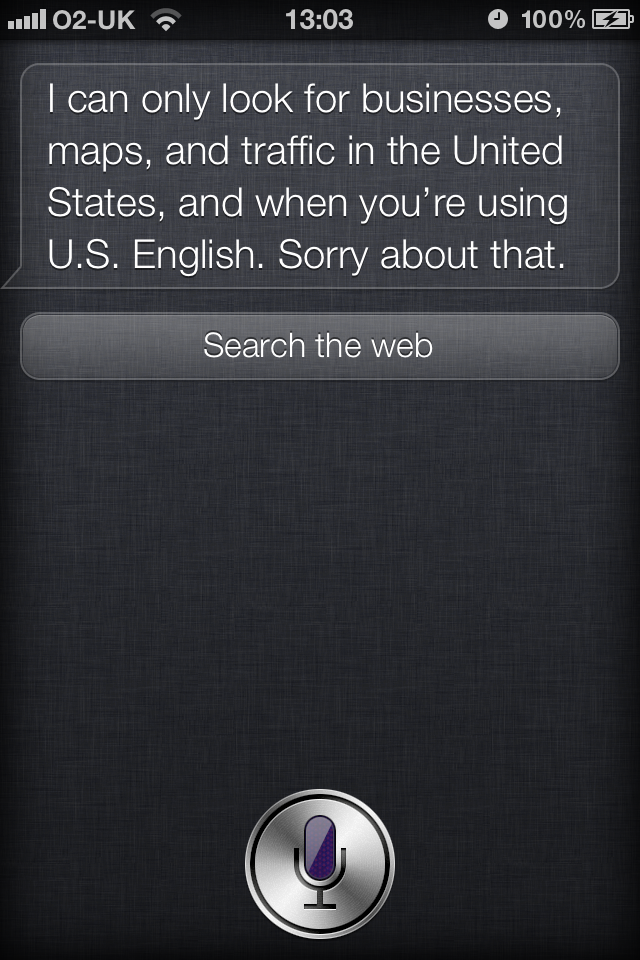Apple iPhone 4S review
The iPhone 4S is here, but is it really worth the hassle of upgrading? Read our review to find out.
Although it's not perfect, the iPhone 4S is the best smartphone we've seen yet with a great screen, high-quality camera and a slick user experience thanks to iOS 5 and a broad selection of apps from the App Store. Most owners of the iPhone 4 will still be tied to contracts preventing them from upgrading, so the iPhone 4S is really aimed at owners of the older iPhone 3GS and smartphones running competing operating systems. Those users, as long as they can live with Apple's odder design decisions such as the lack of memory card slots, should seriously consider upgrading. For iPhone 4 that can upgrade, the free iOS 5 upgrades means the iPhone 4S isn't as compelling so they should hold off for now unless they're frequent camera users or drive often enough to make use of Siri.
Siri may seem like a gimmick, but we can see its value in certain situations such as when it's used hands-free while driving or if you have a visual impairment. At the moment, Siri only recognises British, American and Australian English (although it struggled with some thick regional accents), as well as French or German, with more languages promised. If you feel conspicuous speaking to your phone, Siri works when holding the iPhone 4S to your ear as if you were making a phone call or when used with a hands-free set.

Although technically separate from Siri, the system-wide voice dictation feature in iOS 5 almost certainly uses the same server back-end and processing algorithms as Siri. A microphone button next to the spacebar on the keyboard allows you to dictate text instead of typing it. Like Android's voice dictation system, text is more accurate if you speak clearly and avoid using colloquialisms and contractions, but it usually recognises punctuation.

Whether we'll still be using Siri a year from now depends on how quickly Apple can improve the server-backend and the algorithms for this beta-labelled feature. For example, some features available in the US, such as traffic data and local business recommendations, are currently unavailable in the UK, but are supposed to arrive sometime in 2012. There are plenty of other features in iOS 5, but apart from Siri most are shared with older iPhones, so they're covered in our separate, upcoming iOS 5 review.
Sign up today and you will receive a free copy of our Future Focus 2025 report - the leading guidance on AI, cybersecurity and other IT challenges as per 700+ senior executives
-
 Motorola's new premium smartphone is a melting pot of camera innovation
Motorola's new premium smartphone is a melting pot of camera innovationNews The Signature has been built in collaboration with Sony, Qualcomm, and Instagram, and has four 50MP camera lenses
By Bobby Hellard Published
-
 Lenovo reveals slick rollable screen concept and a voice-controlled ThinkBook at CES 2026
Lenovo reveals slick rollable screen concept and a voice-controlled ThinkBook at CES 2026News The ThinkPad XD is impressive, but the ThinkBook Gen 7 Auto Twist will have us knocking our laptops open
By Bobby Hellard Published
-
 CES 2026: All the live updates as they happen from day one
CES 2026: All the live updates as they happen from day oneITPro is on the ground in Las Vegas for the tech extravaganza that is CES
By Bobby Hellard Last updated